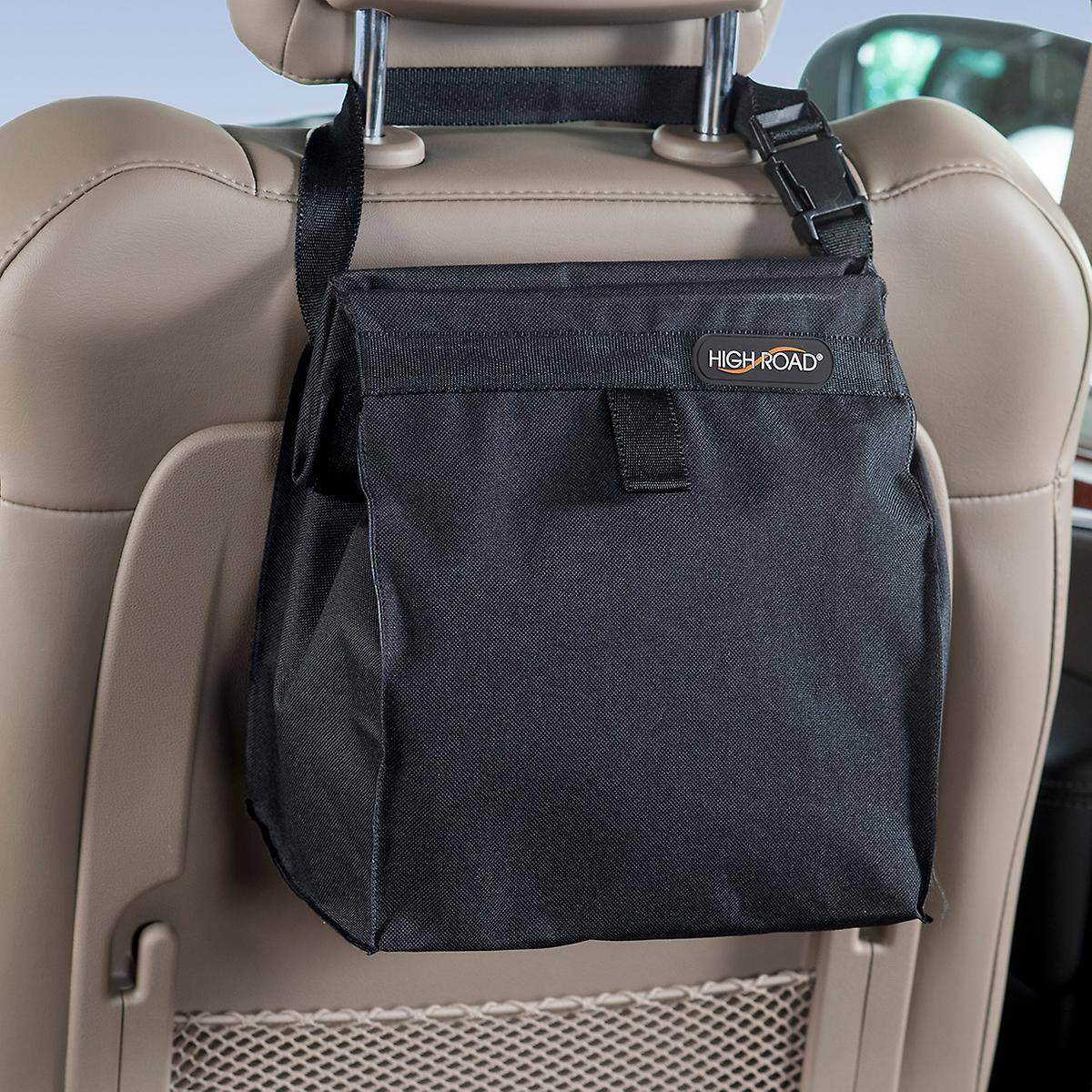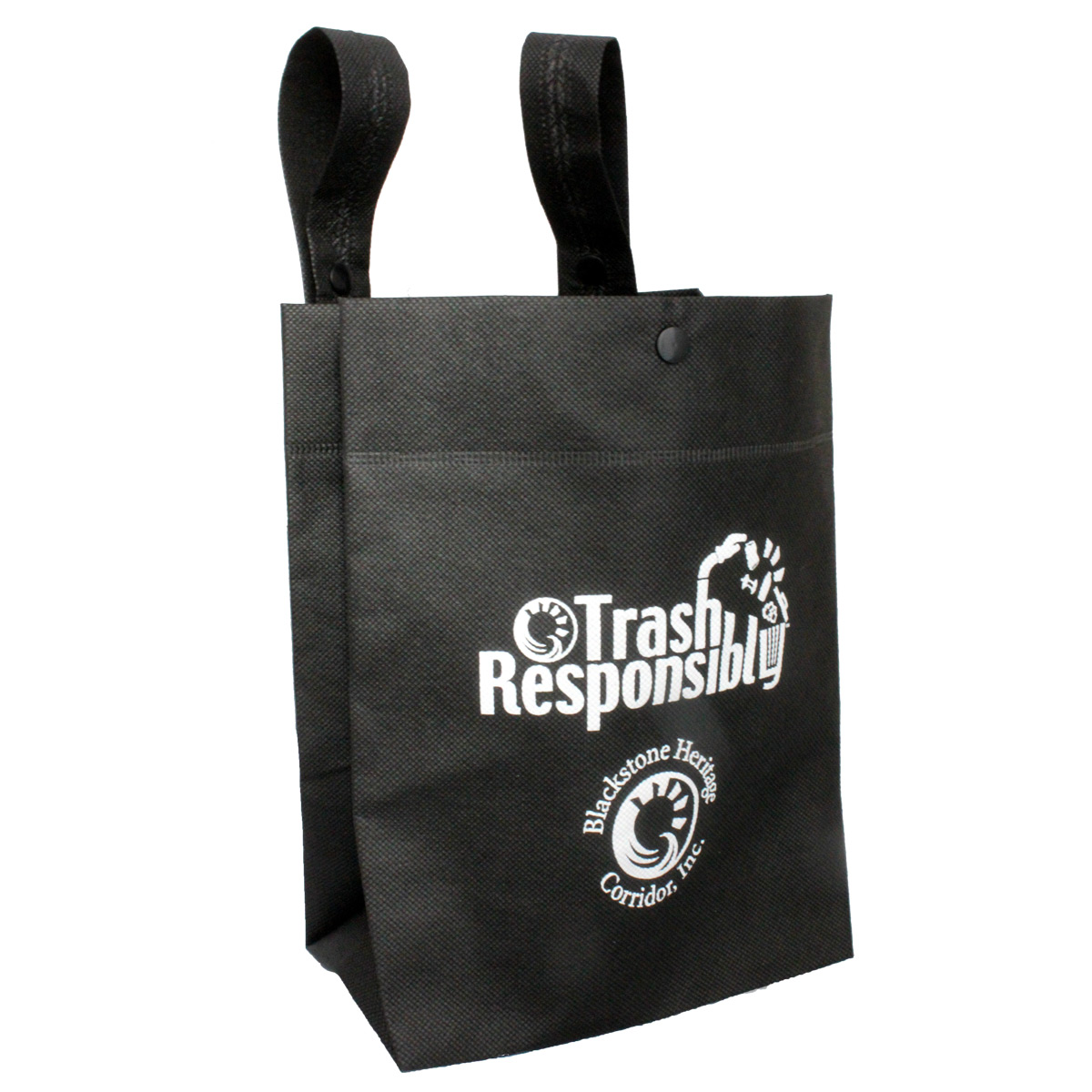Car litter is a widespread issue that affects not only the aesthetics of our vehicles but also the environment and our health. As we spend more time in our cars, whether commuting to work or embarking on road trips, it’s easy to accumulate trash and clutter. Fast food wrappers, drink bottles, and miscellaneous items can quickly turn our tidy vehicles into a dumping ground. This article delves into the causes and consequences of car litter, offering practical solutions to keep our cars clean and organized.
Beyond the inconvenience of a messy car, car litter poses several risks. It can lead to distractions while driving, increasing the likelihood of accidents. Moreover, littered cars can harbor unpleasant odors and attract pests, creating an unwelcoming environment for passengers. By addressing the issue of car litter, we not only enhance our driving experience but also contribute positively to our surroundings.
This article will discuss the various aspects surrounding car litter, including its impact on health, the environment, and tips for prevention. As we navigate through the ins and outs of car litter, we’ll explore effective strategies to maintain a clean vehicle, making our journeys more enjoyable and safe.
What Are the Causes of Car Litter?
Car litter typically accumulates from a variety of sources. Here are some common reasons why our vehicles can become cluttered:
- Fast food consumption on the go.
- Neglecting to remove items after trips.
- Using cars as storage spaces.
- Not having designated trash receptacles in the car.
How Does Car Litter Affect the Environment?
The impact of car litter extends beyond personal inconvenience. Here’s how it affects our planet:
- Contributes to pollution when items are discarded outside vehicles.
- Harms wildlife through ingestion of plastic and other materials.
- Increases the cost of cleaning public spaces.
- Creates an unappealing environment in neighborhoods.
What Are the Health Risks Associated with Car Litter?
Car litter can also pose health risks. Here’s how:
- Attracts pests such as rodents and insects.
- Encourages the growth of mold and bacteria in enclosed spaces.
- Leads to unpleasant odors, which can be harmful to respiratory health.
How Can We Prevent Car Litter?
Preventing car litter requires a conscious effort. Here are some practical tips:
- Designate a trash bag for your car.
- Make it a habit to clean out your vehicle regularly.
- Avoid eating in the car when possible.
- Utilize storage bins for essential items.
What Are the Best Practices for Maintaining a Clean Car?
To keep your car free of litter, consider these best practices:
- Schedule regular cleaning sessions, both inside and out.
- Involve passengers in keeping the car tidy.
- Utilize organizers and compartments to minimize clutter.
Is Car Litter a Reflection of Personal Habits?
Indeed, the state of your car can often reflect your personal habits. A cluttered vehicle may signify:
- Busy lifestyles that leave little time for organization.
- Lack of awareness about the importance of cleanliness.
- Procrastination in addressing the mess.
How Can I Encourage Others to Reduce Car Litter?
Encouraging others to be mindful of car litter can create a more positive driving culture. Here are some ideas:
- Share tips and strategies for maintaining a clean car.
- Lead by example and keep your vehicle tidy.
- Organize clean-up events or challenges among friends and family.
Final Thoughts on Car Litter: A Collective Responsibility
Ultimately, tackling the issue of car litter requires a collective effort. By recognizing the causes and consequences of litter in our vehicles, we can take proactive steps to prevent it. Maintaining a clean car not only enhances our driving experience but also contributes to a healthier environment for everyone. Let’s make a commitment to keep our cars litter-free and encourage others to join in our mission. Together, we can create a cleaner, more enjoyable space for all who travel on the road.


